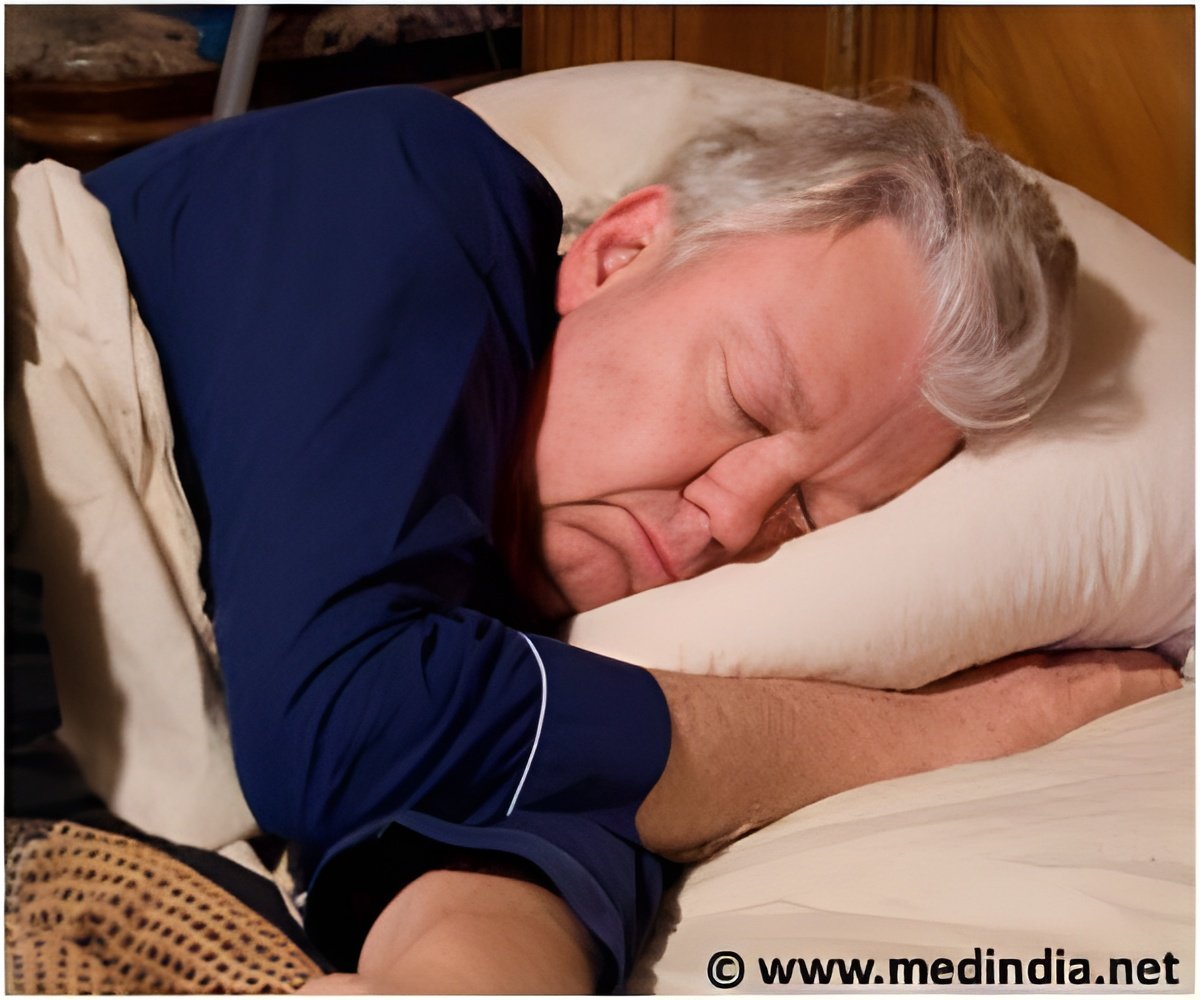A new study shows that sleep bestows benefit and improves the motor functioning of people with Parkinson's disease

A group of scientists who carried out a study on PD patients have revealed that many of them reported better motor skills when they wake up in the morning, after a good night’s sleep or after their afternoon nap. This phenomenon is known as the ‘sleep benefit’, defined as "a clear decrease in PD symptoms after a period of sleep."
Research was carried out on 243 people who answered a comprehensive screening questionnaire covering a range of motor and non-motor PD symptoms. The study found that regular daytime naps were taken by 98 patients, of whom 46% had no sleep benefit, 20.4% reported sleep benefit after both night sleep and afternoon naps, 20.4% reported benefit only after night sleep, and 13.3% of patients reported benefit only after a daytime nap.
"It is tempting to speculate whether daytime naps might constitute a possible therapeutic application," says lead researcher Dr. Sebastiaan Overeem, M.D., Ph.D. "If the subjective experience of sleep benefit is proven to be related to an objective improvement in motor function, this could have considerable clinical benefits,”he adds.
There was no difference in age at onset, disease duration, or type of treatment (clinical variables) or depression, memory, quality of life scores, fatigue, or apathy(demographic variables) experienced by those who benefitted from sleep and those who didn't.
"Sleep benefit remains an intriguing but elusive phenomenon, which deserves renewed attention and further research," remarked the researchers whose study was published in the Journal of Parkinson’s disease.
Sebastiaan Overeem remarks that the results are based on the patient's subjective judgment and recommends objective quantifications for motor performance and longitudinal assessment of Parkinson’s disease symptoms during future studies. He works at the Department of Neurology, Donders Institute for Brain, Cognition, and Behavior, Radboud University Nijmegen Medical Centre, The Netherlands.
Reference:
Overeem.S et al.,Journal of Parkinson's Disease (June issue) 2012
Source-Medindia
 MEDINDIA
MEDINDIA




 Email
Email










